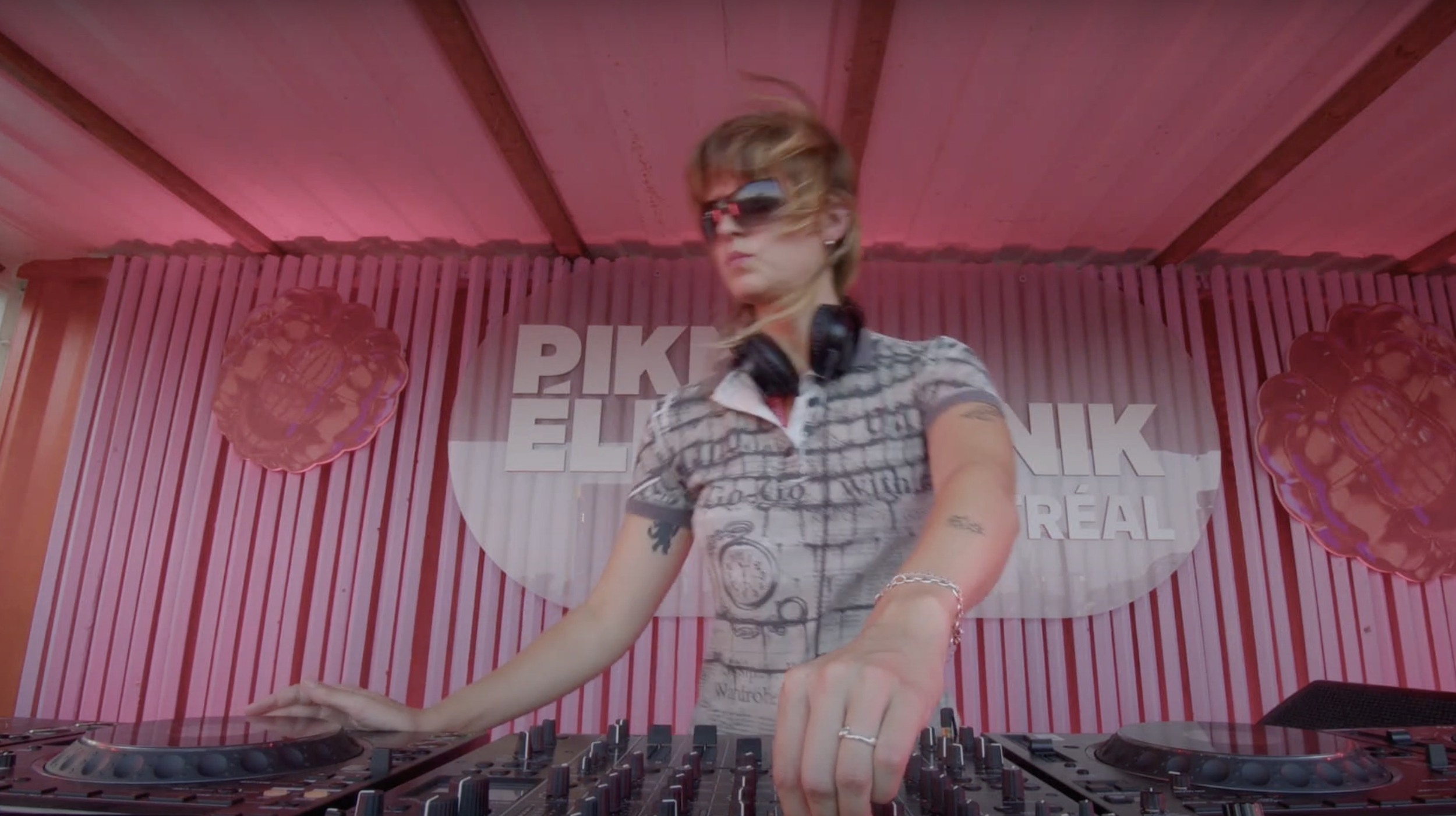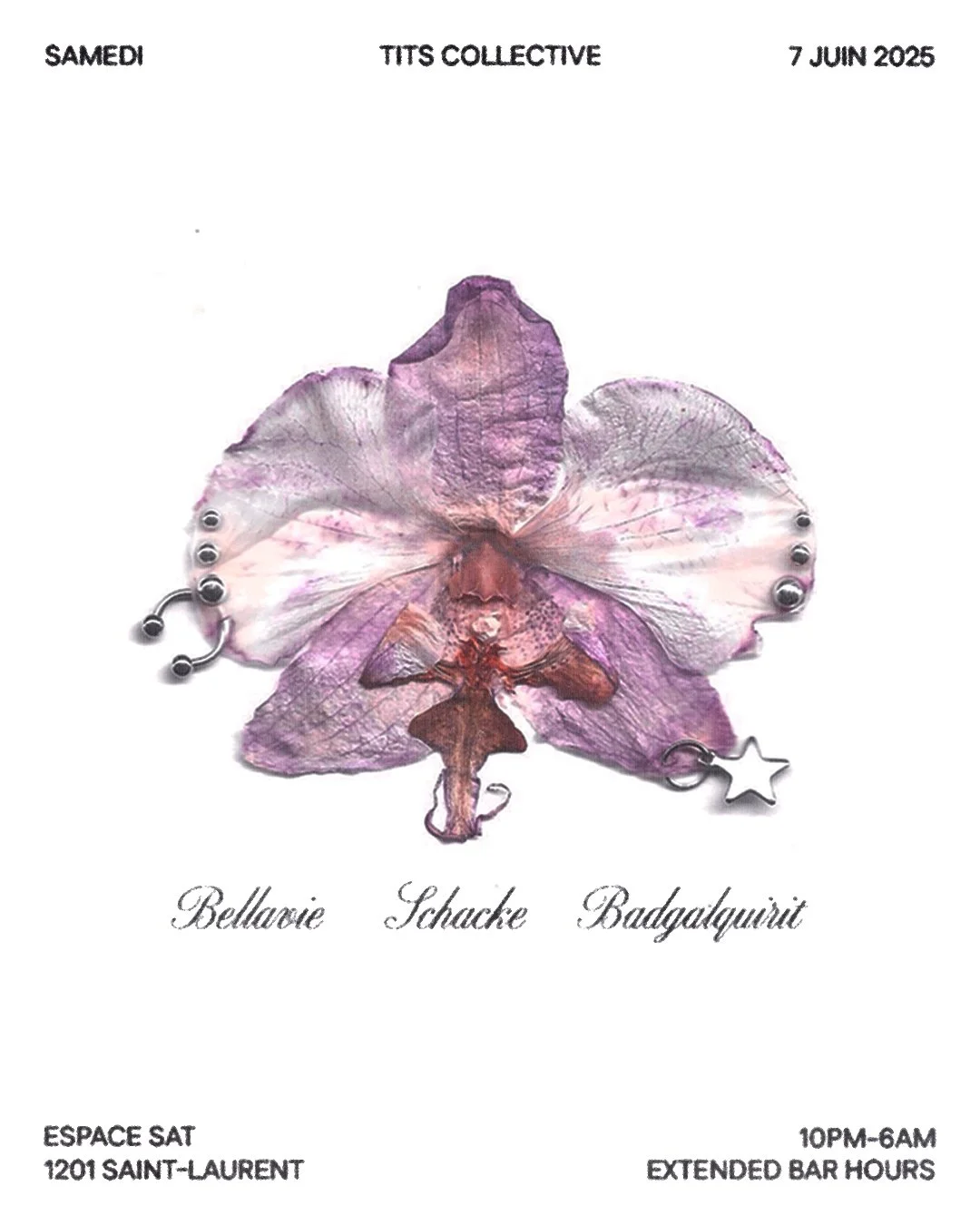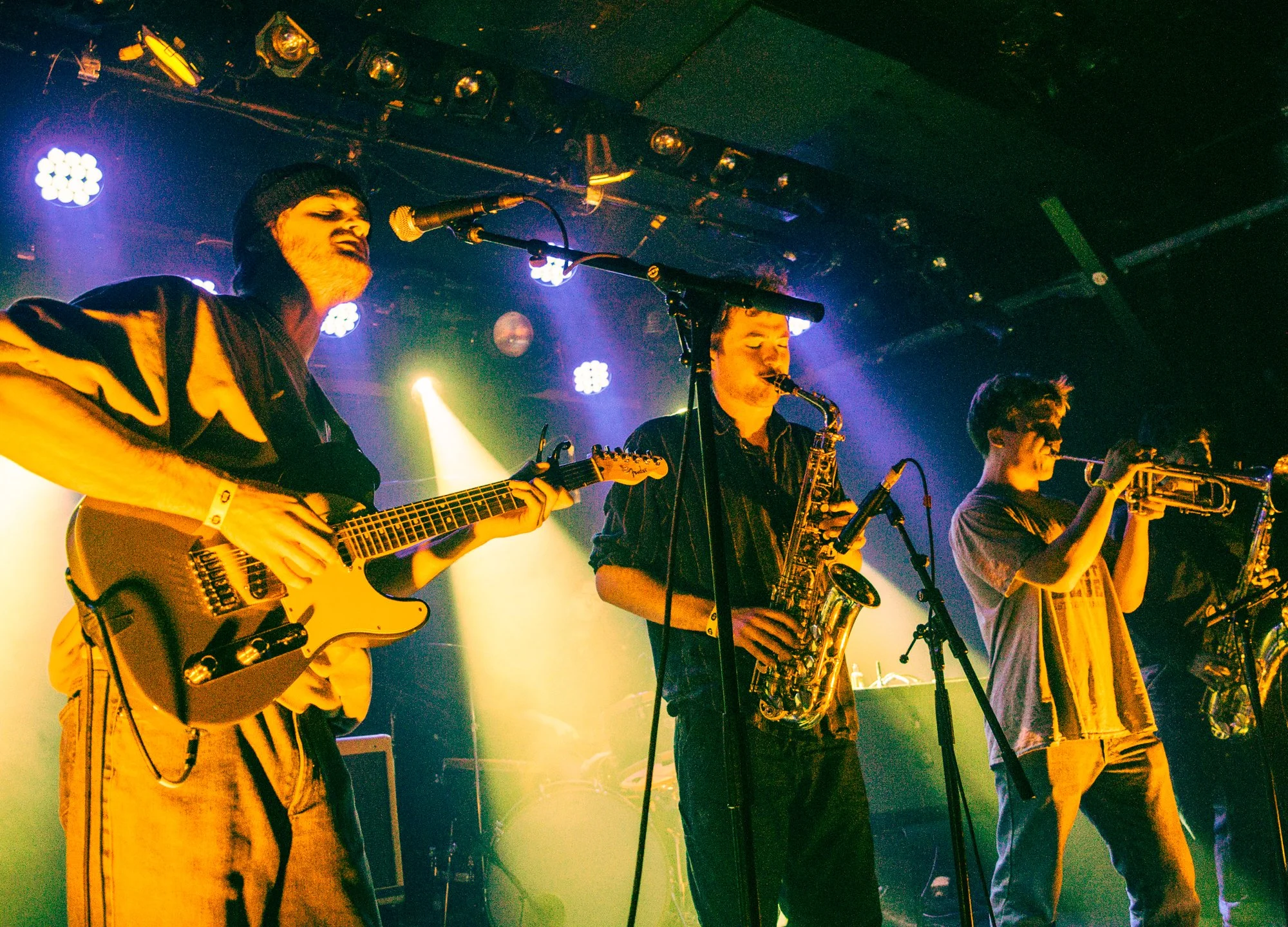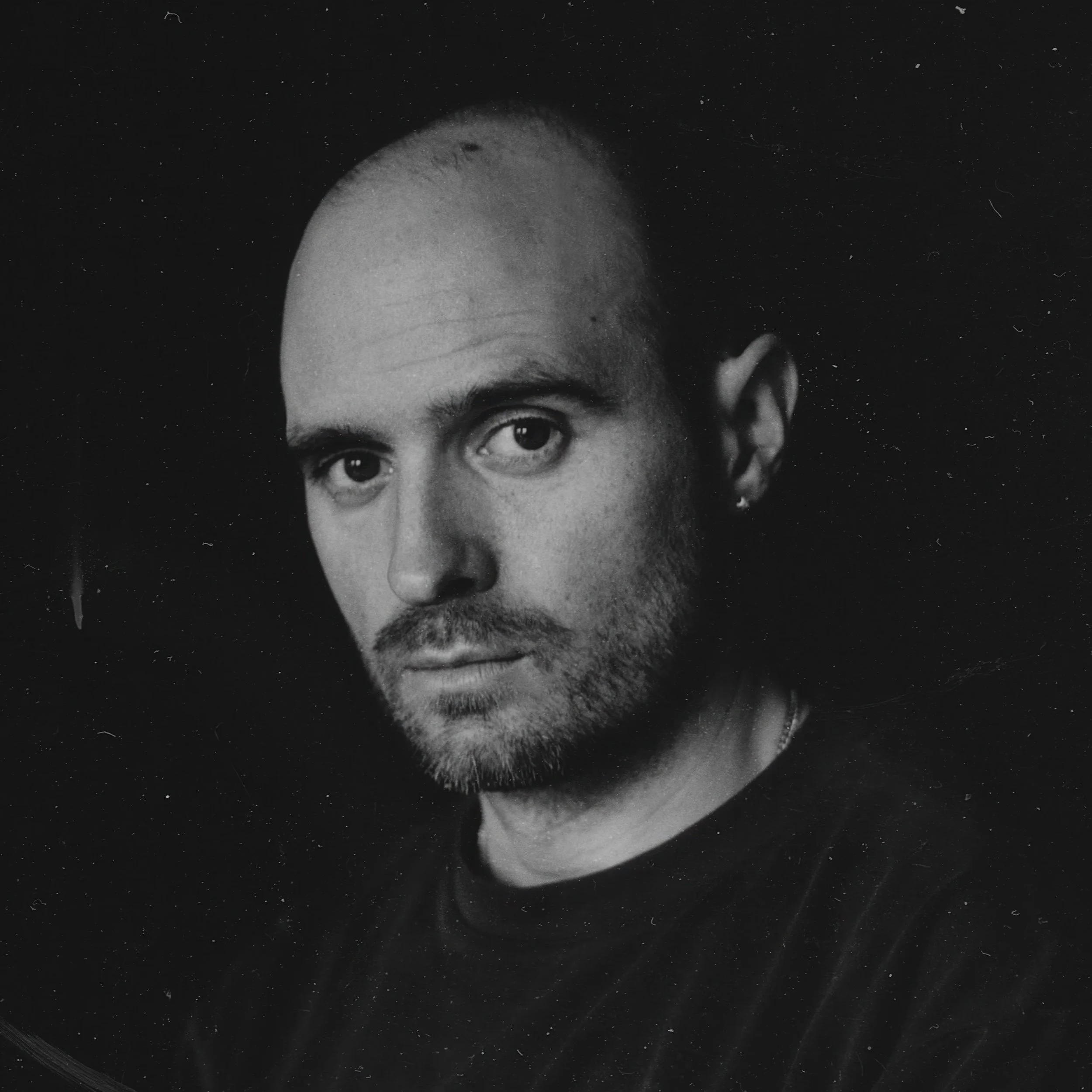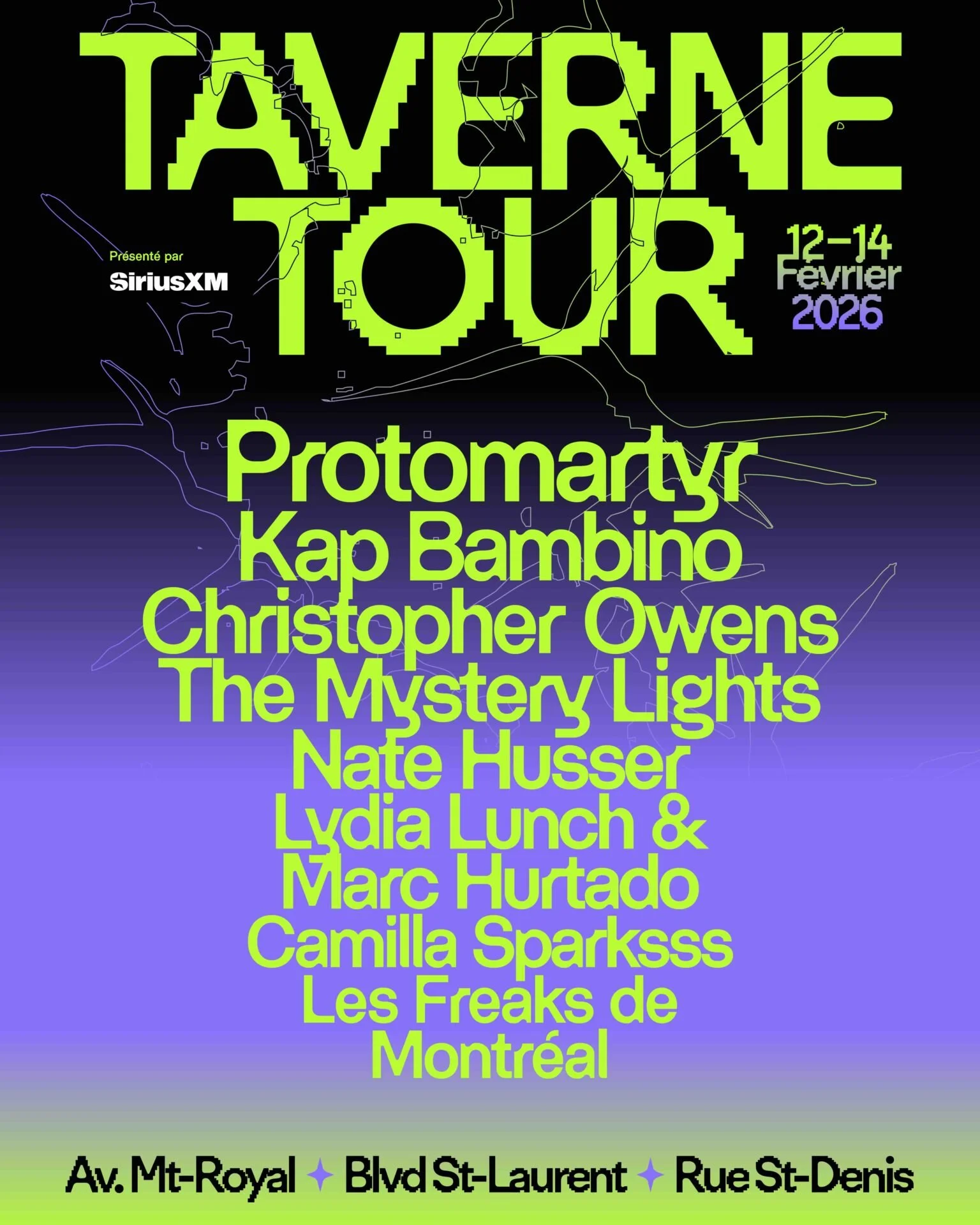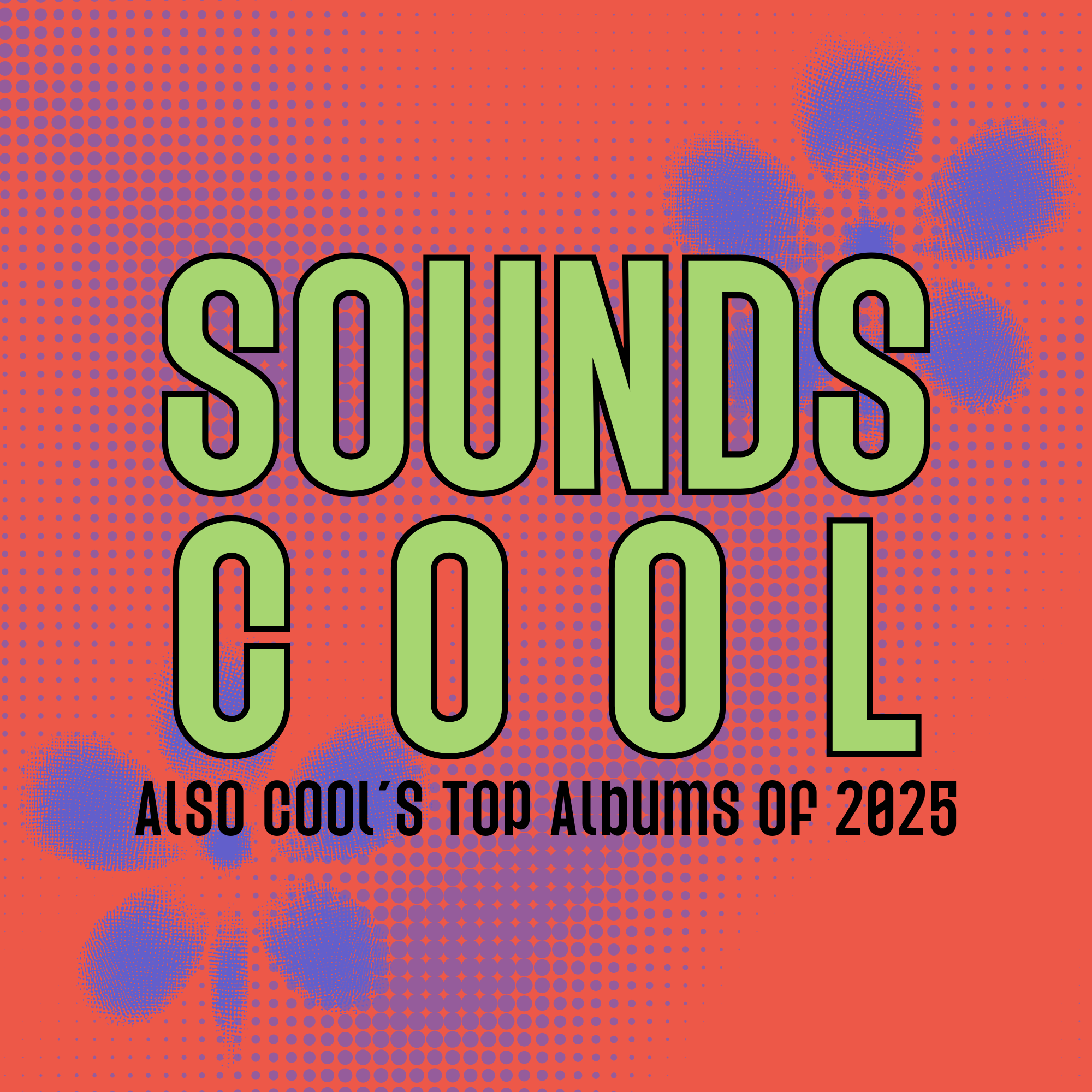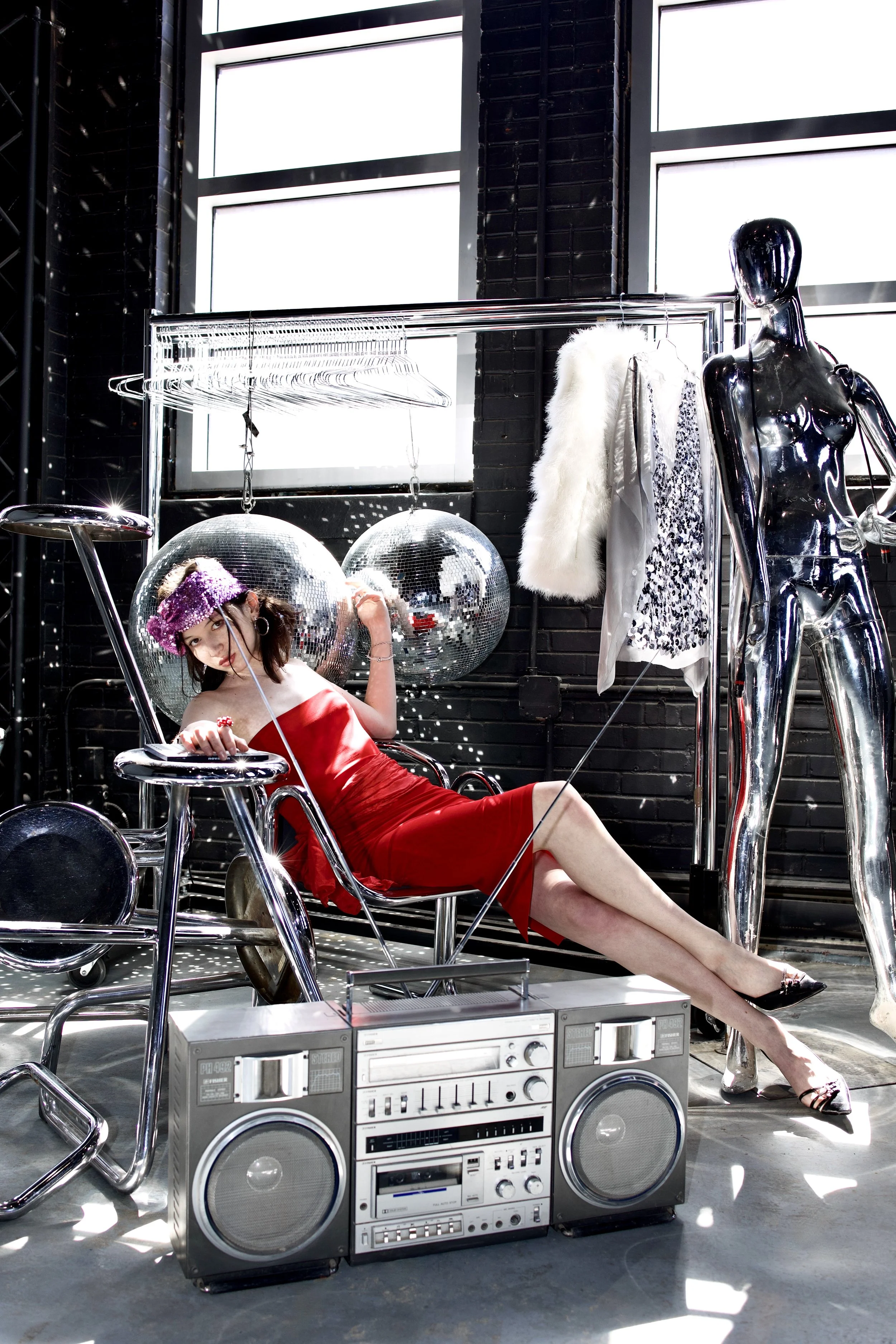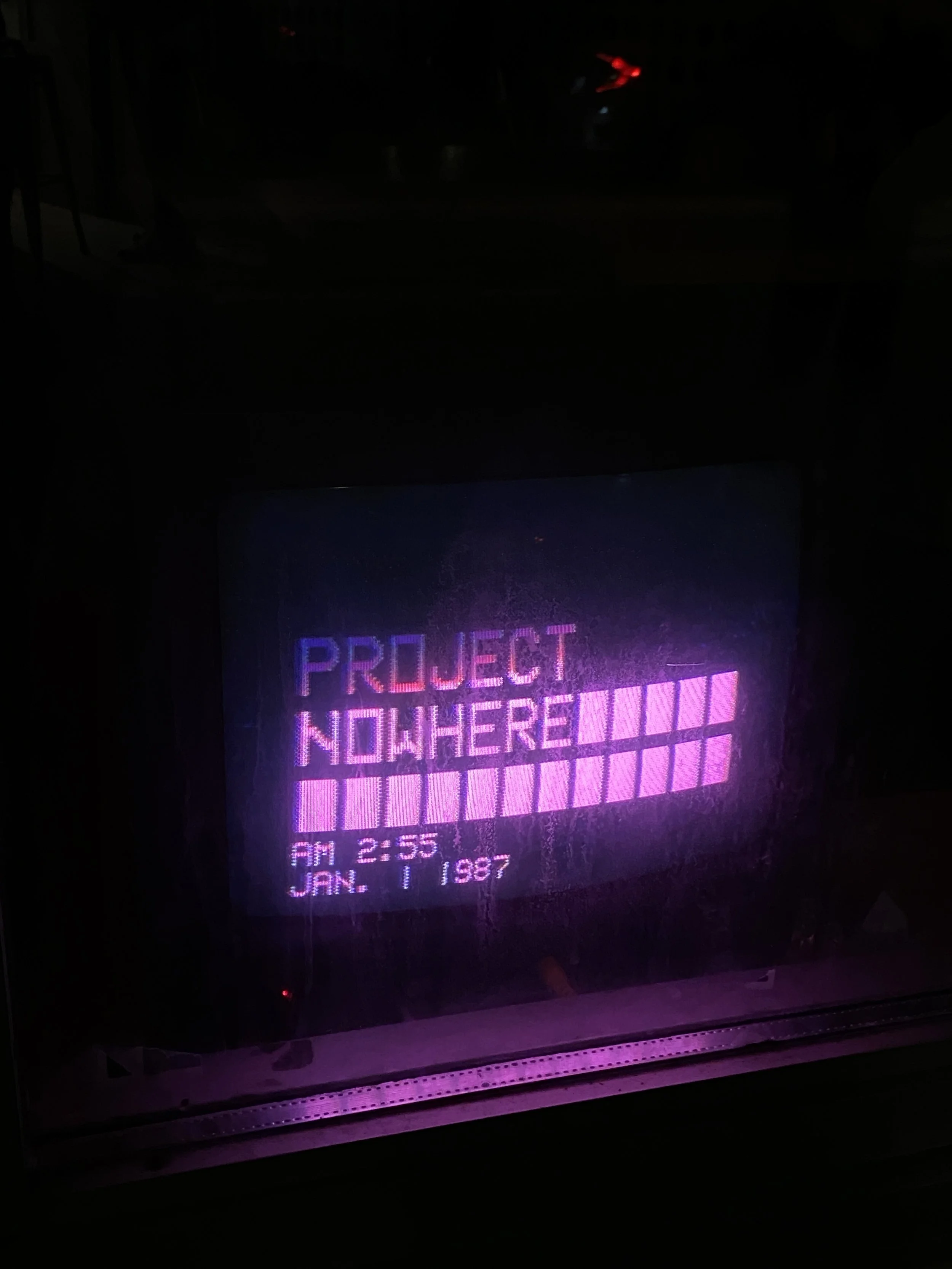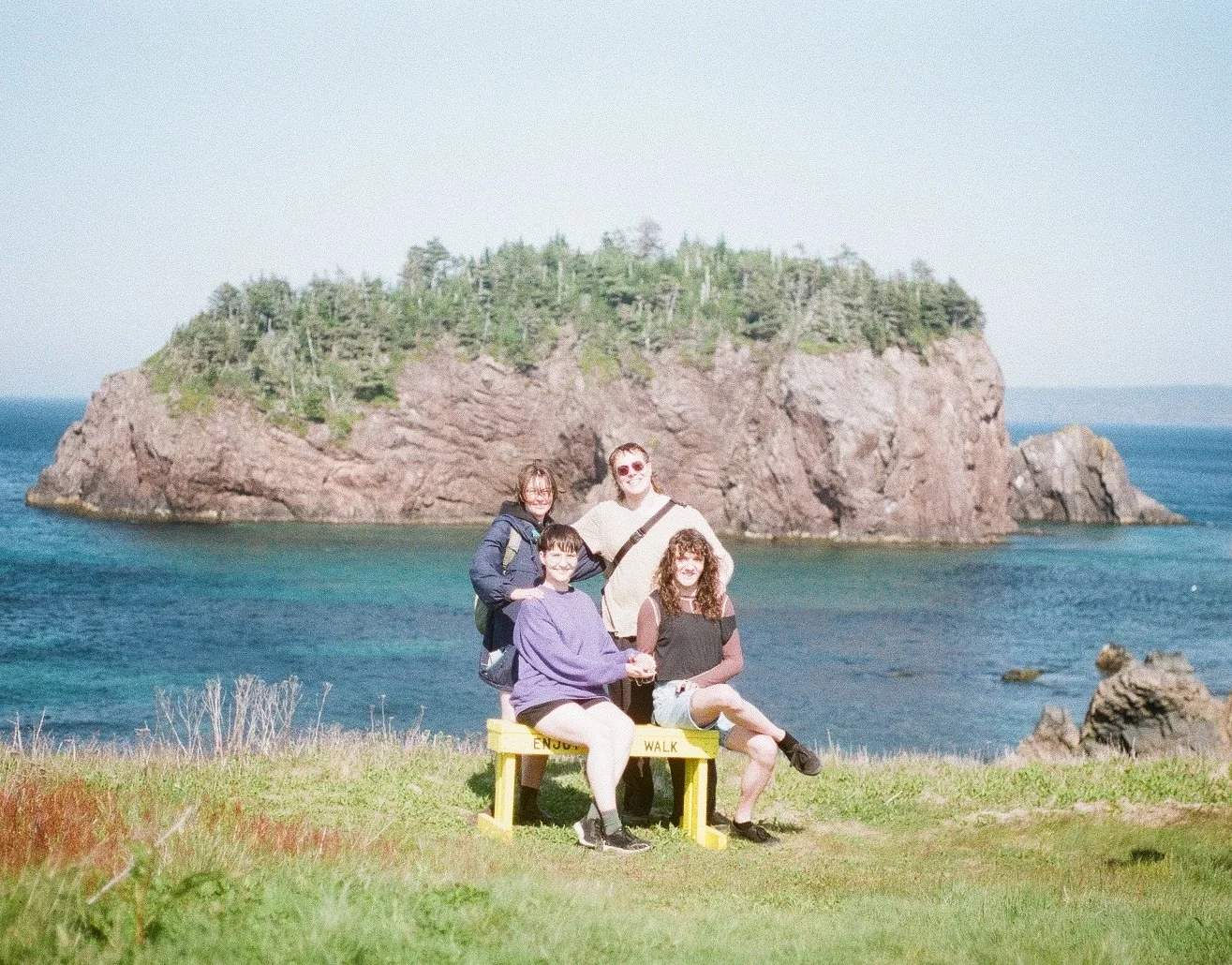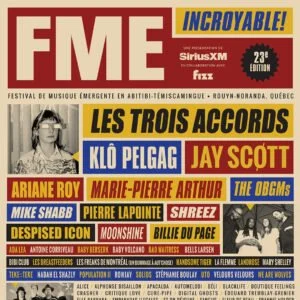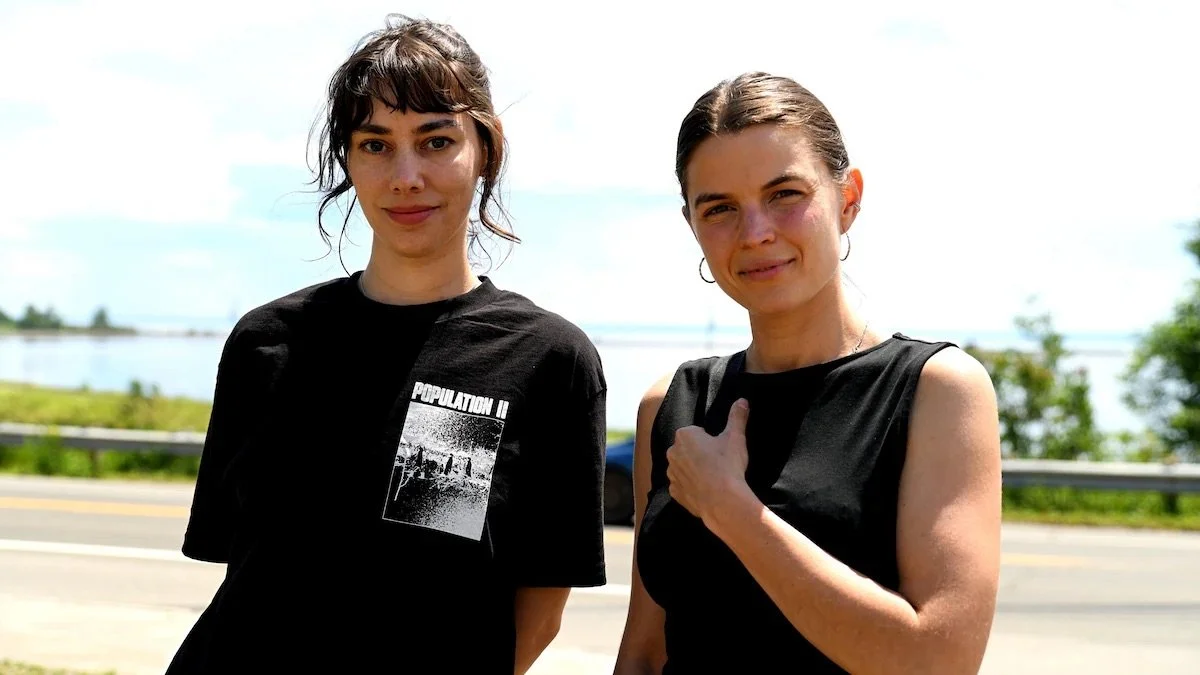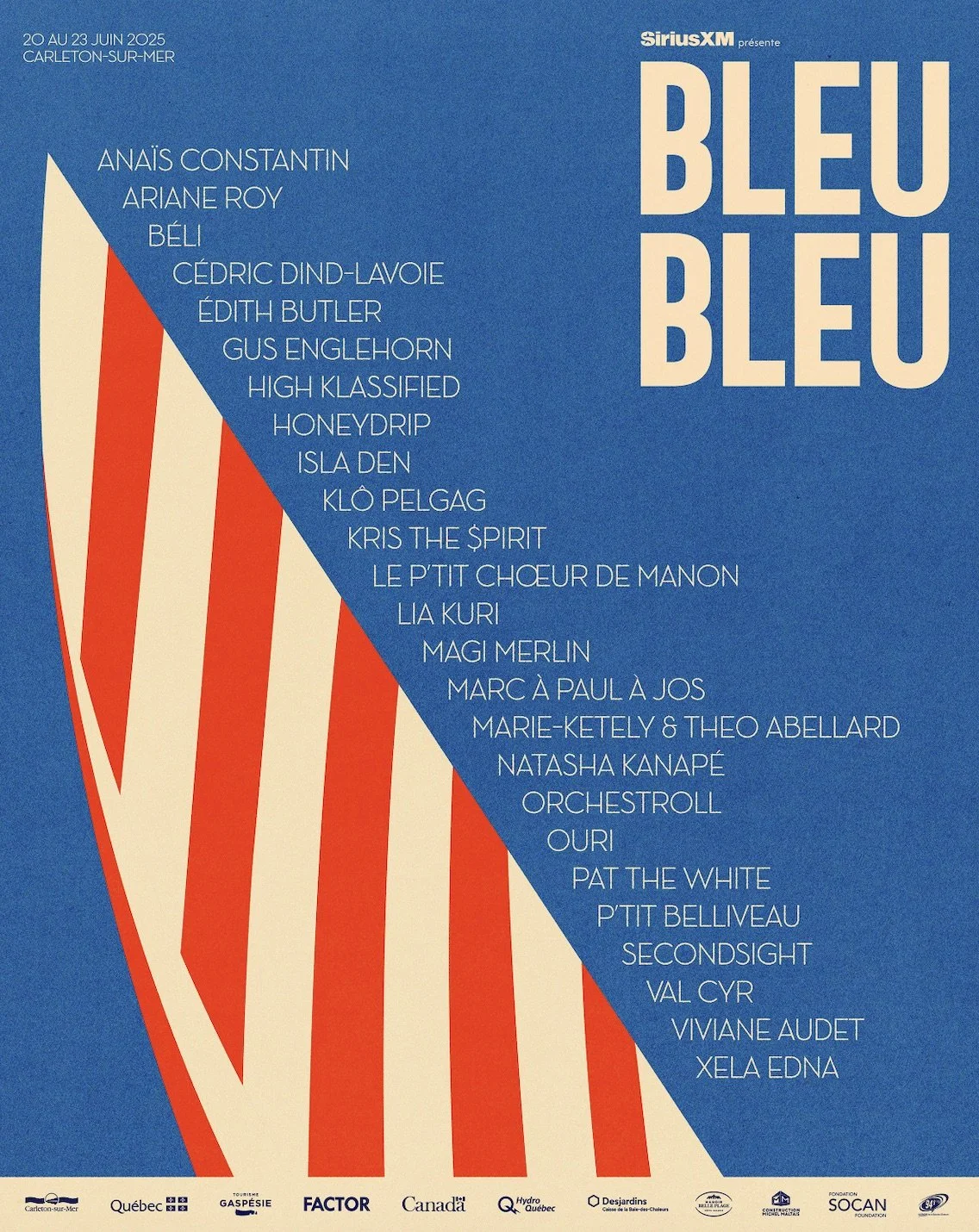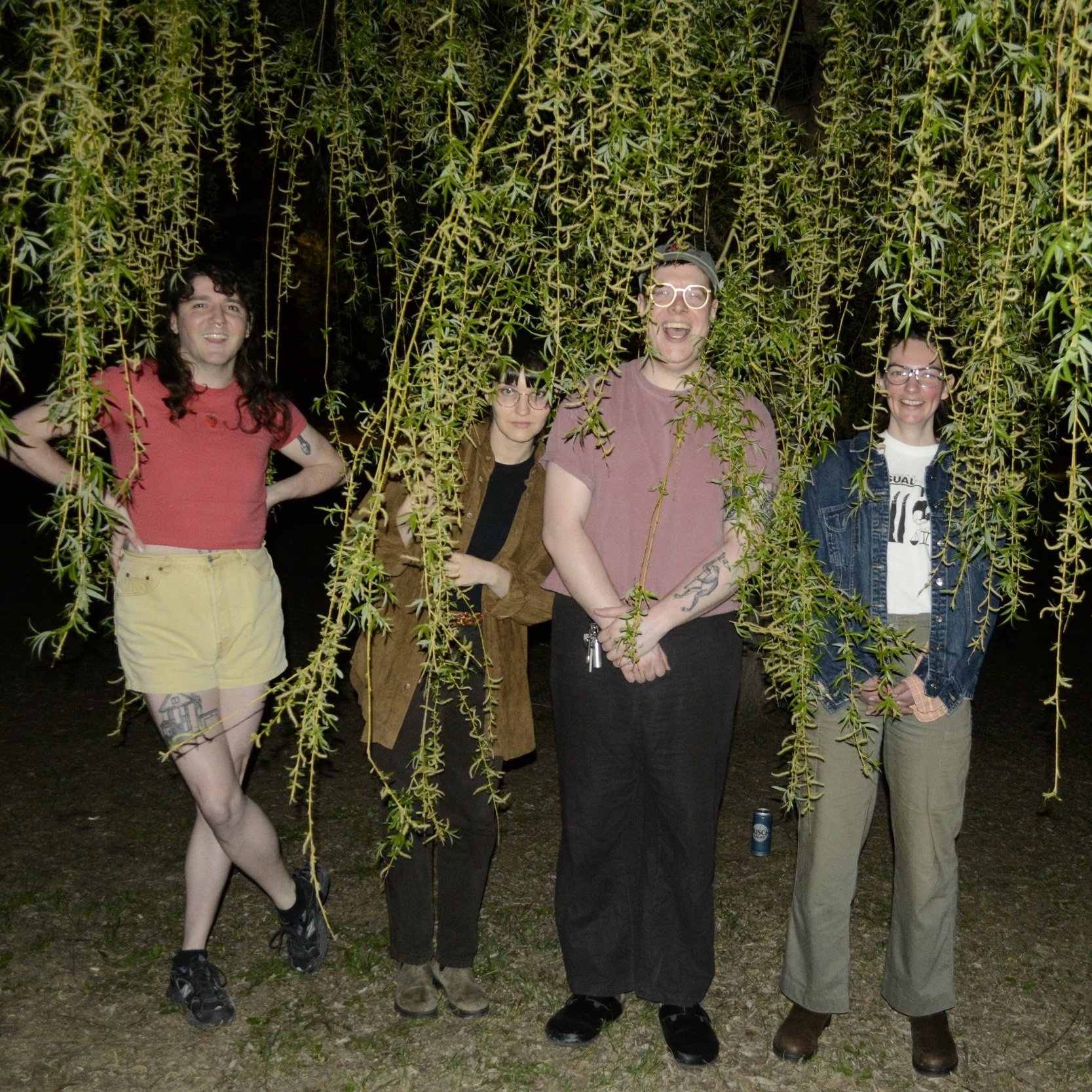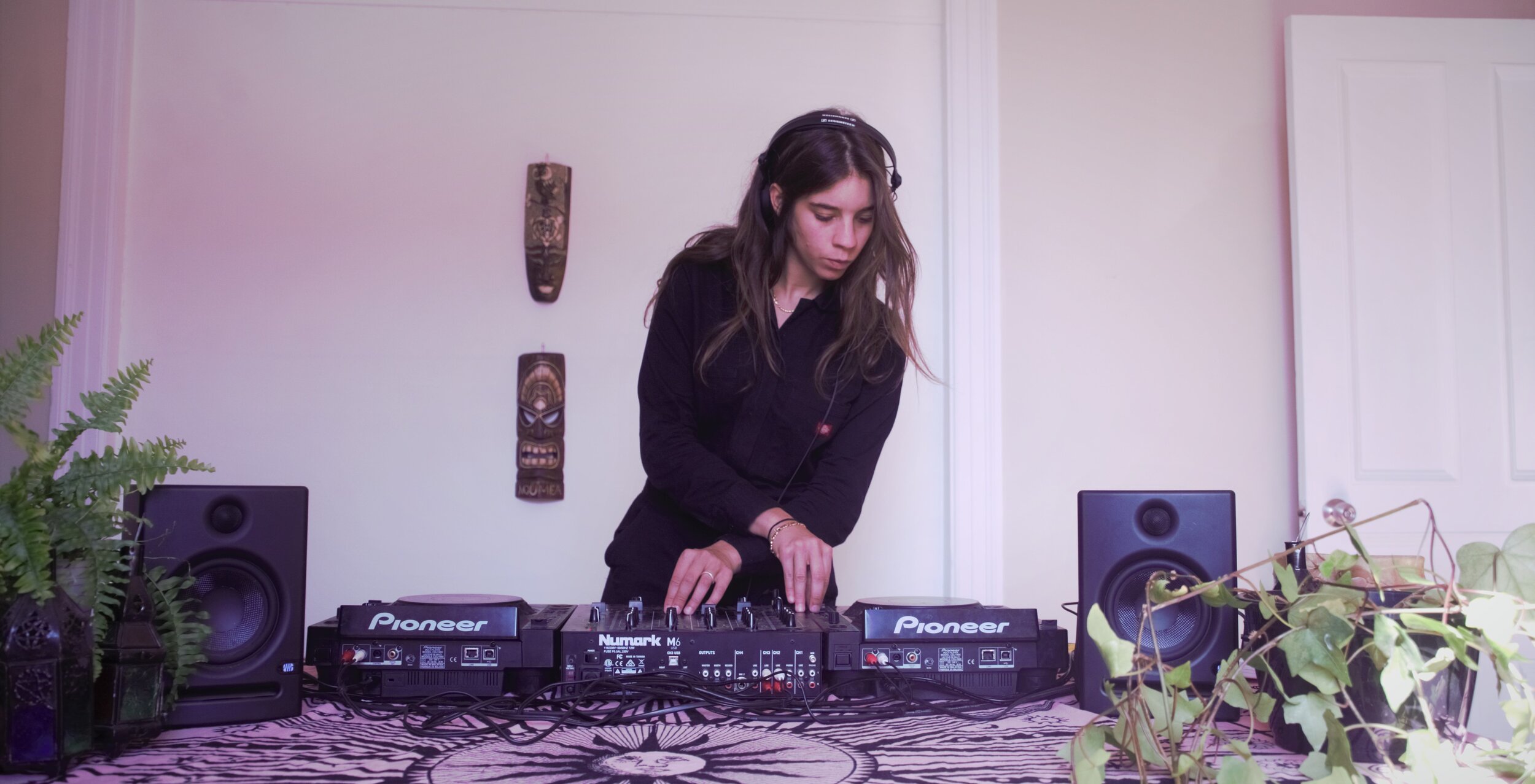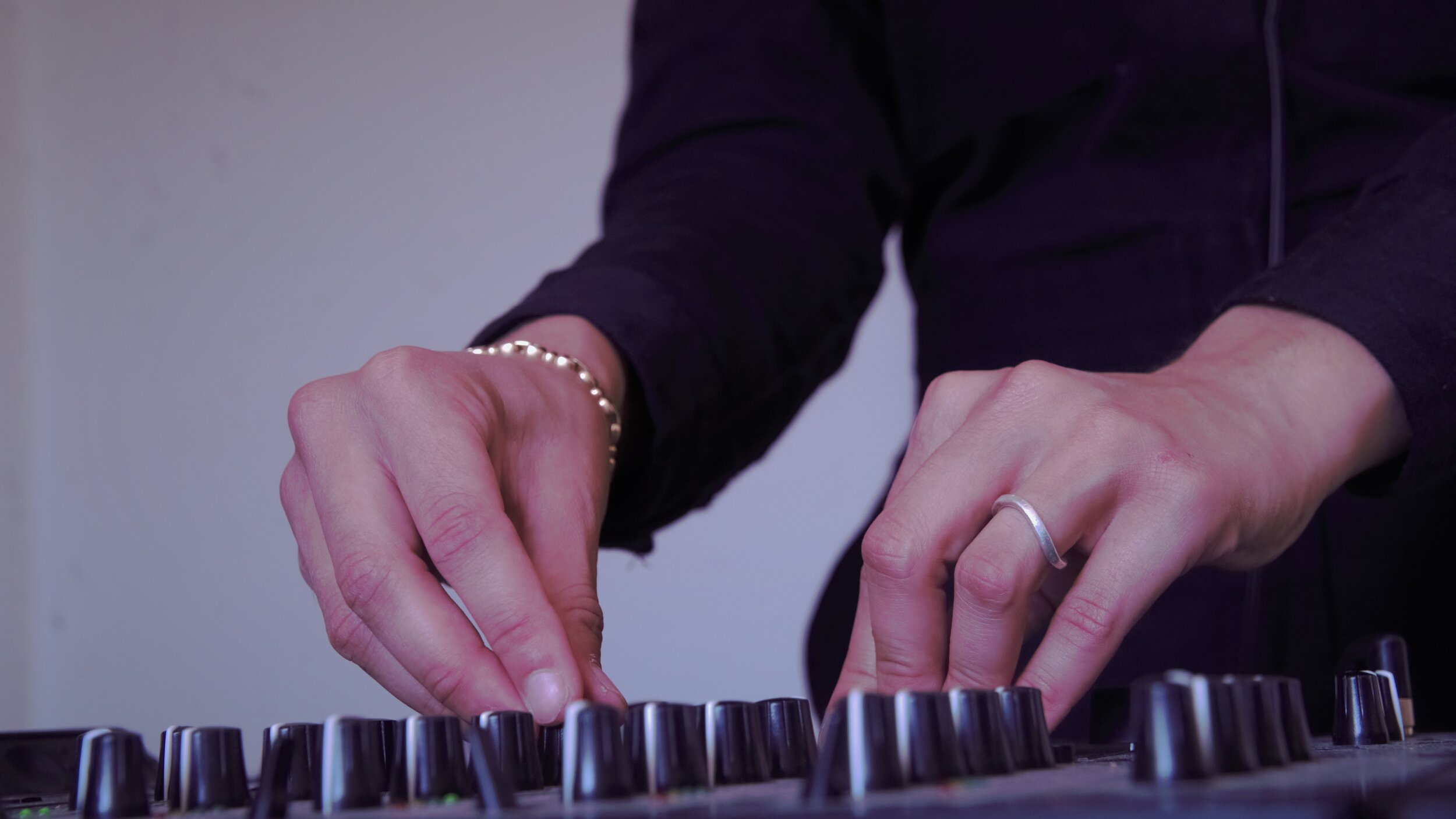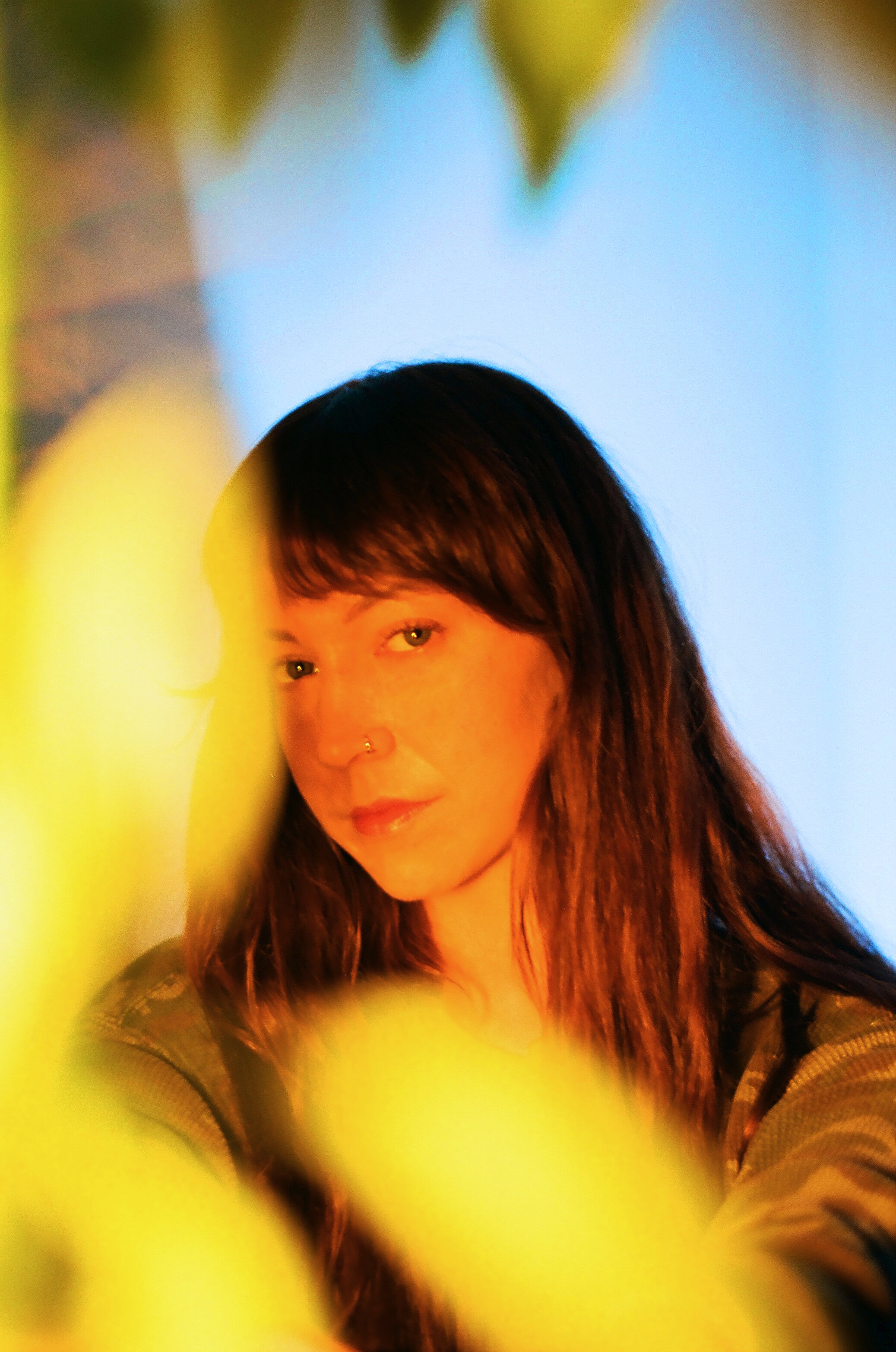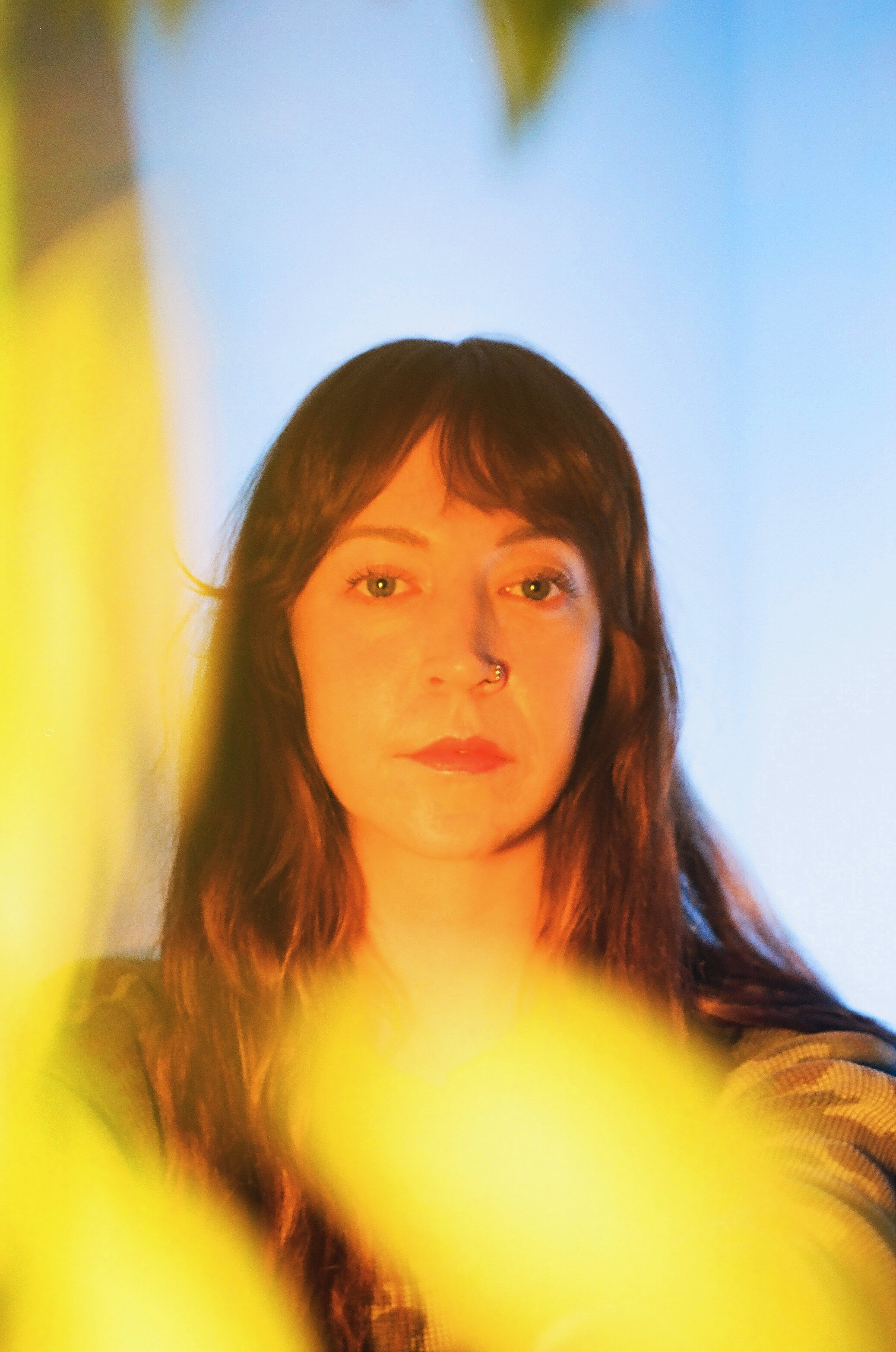AC: Can you place when or where that shift in direction might have come from?
VC: I don’t think I can pinpoint it! To tell you the truth, I’ve never dedicated the space and time entirely towards making a record, so being absorbed in the process was a welcomed change. In the past, I would juggle working and performing and make songs here and there, with a lack of focus. Once I could slow down and get in the headspace to concentrate on my own work, that lent itself to, you know, all the aspects of musical production, writing and so on.
AC: It’s funny that you say that, because I think that really comes through on your vocal performance on this record. Knowing that you are a background vocalist for several acts, what inspired you to take on a more forward approach with your singing and lyrics with Real Time?
VC: I think it comes from enough experience with performing. Backup singing has definitely helped me figure out how to embody lyrics and sing words that aren’t my own, while also expressing them in a meaningful way. It’s also informed my confidence for sure. I’ve learned how to nurture my main instrument, my voice, over the years, and I suppose working alone [during the pandemic] let my confidence take over.
AC: I’ve never really thought about backup singing like that before; in a sense that you’re taking on someone else’s words and you have to mean it. Even though this record is, of course, coming first and foremost from your perspective wholly, are there any versions of “Victoria” that you’ve worked with throughout conceptualizing and realizing Real Time? In other words, would you say you’ve embodied other sides of yourself and how have you wrestled with that experience if so?
VC: You mean my relationship with my different selves?
AC: Yeah, exactly!
VC: Now that this record is out, I feel like it acts as a type of ending for me actually! In a true sense, it offers closure on a period of my life and a new beginning. As an artist, I’m steering my ship in a bit of a different direction in terms of trying new things, and definitely shedding versions of my “past selves” and some of the creative habits that I held onto.
AC: When you say trying new things; were you taking up any kind of new musical experiments or exploring paths that you hadn’t gone down with your music before? Other than the intentionality with your vocal performance that we talked about before, of course.
VC: Hmm… different paths. Well, my track “Two Pictures” is the only song on the album that features another person, Karen Ng, who plays saxophone. We were working on a recording session for a completely different project when I started directing some improvised scores and recorded Karen’s playing. I then built [“Two Pictures”] entirely off of that improv session, so what you hear on the record an improvised sample that was created completely separate from the song… before it even existed (laughs)!
So, that was a path that I want to continue working on. I’d like to improvise with other musicians and manipulate those collaborations, as in creating songs around them or editing them or whatever! Creating improvisational scores that are more conceptual is definitely more exciting to me rather than actually writing out music… which I don’t really know how to do anyways (laughs).
AC: To ask a more standard question, what inspirations did you bring to the table in this album? I keep thinking about the collage concept you touched on before, and I’d love it if you could zone in on some of its elements.
VC: Hmm, well there really is a whole medley! I’m, of course, always curious to tune into backing vocals because they have been all over the place over the decades and I find that they are all I ever hear now as someone who sings backup vocals. Something that did come up in terms of inspiration was actually Bobby McFerrin’s “Don’t Worry Be Happy.” It’s a big song from my childhood, but it really inspires me because all of the instrumentation is just vocals! That whole record is amazing.
AC: Wow, that never occurred to me until just now!
VC: Yeah! It’s so cool what is possible with voices. In terms of other inspirations, Jennifer Castle, Leonard Cohen, Bob Marley and the Whalers, as well as modern day R&B for its uplifting instrumentation come about in my work, too.
AC: Perhaps this is a bit of a painful question to end off on, but since so much of this project is in your hands and the world is starting to look more like the “before-times”: Do you have any idea of how you’d like to share Real Time, in well, real time (laughs)?
VC: Well, I think I will let [the record] transform into a new experience for me. I need to figure out how to pay it live and how to share it in that way. I’ll keep working and looking and other ways to create and share music while trying out some of those different creative paths I mentioned before!
Listen to Real Time below!
